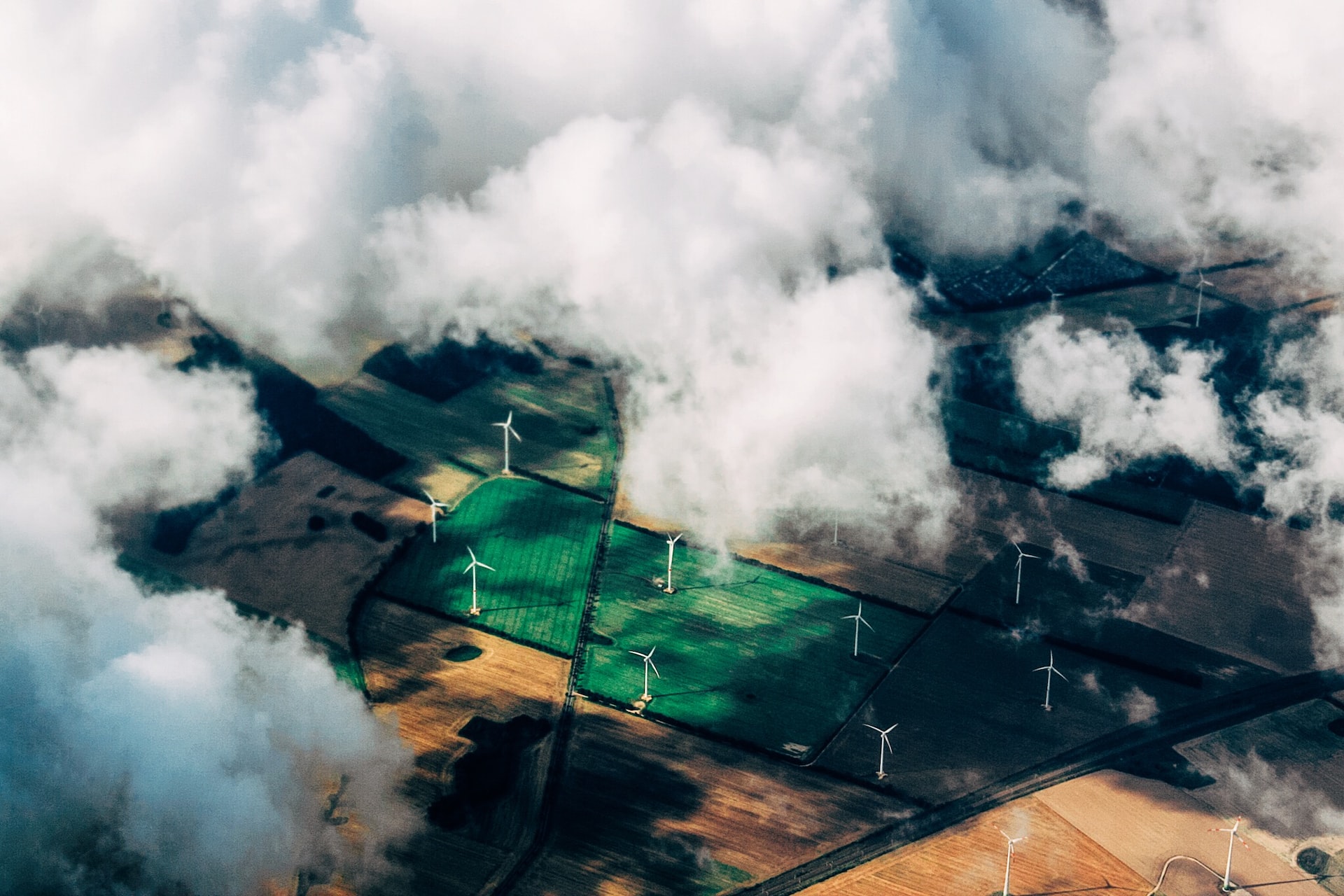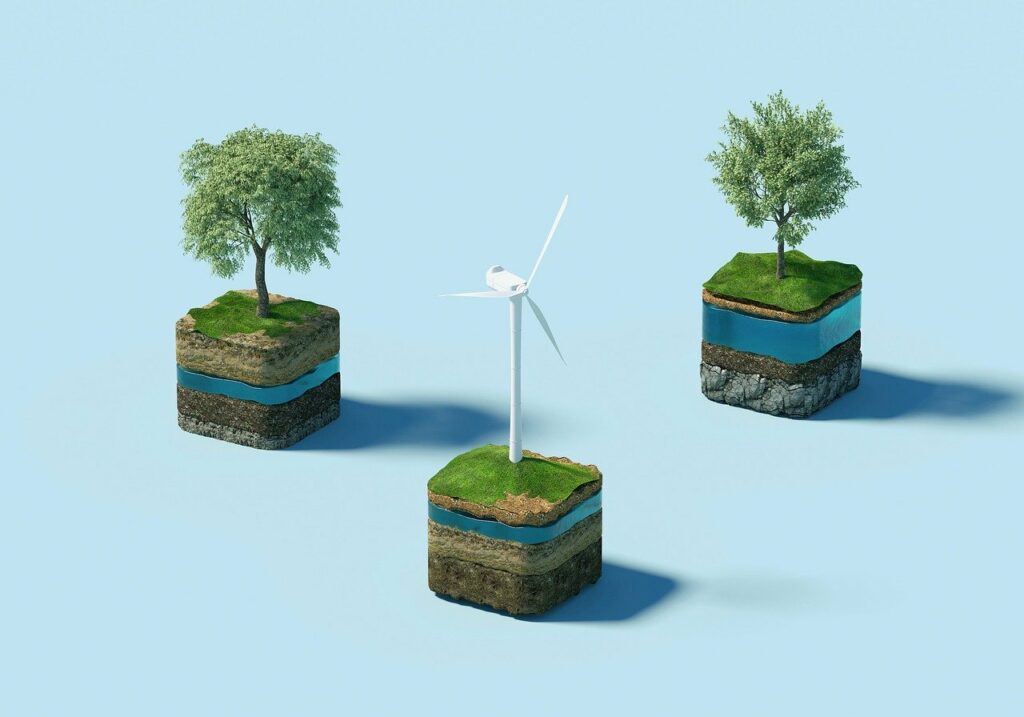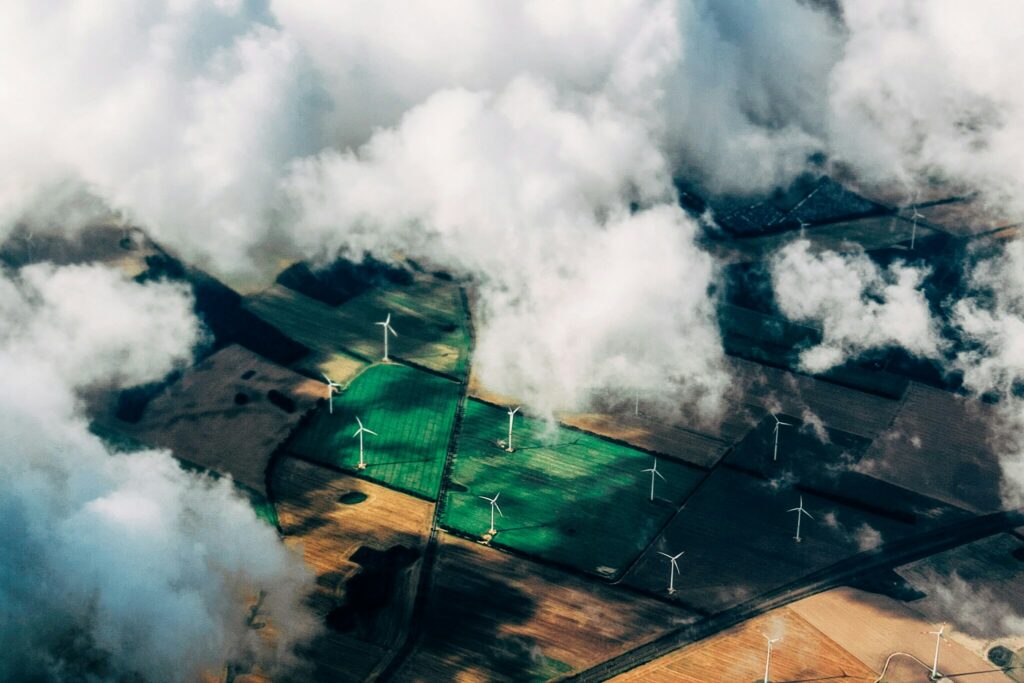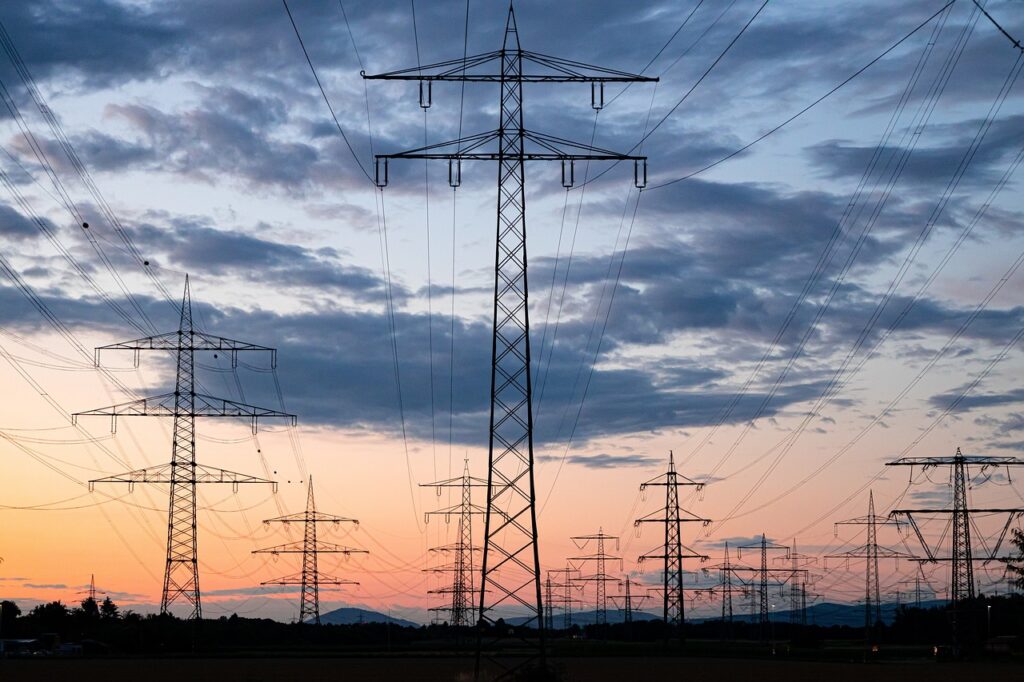Salesforce has announced it will purchase 280,000 MWh of renewable energy certificates from small, distributed energy projects over the next eight years. The purchase aims to accelerate clean electricity access in emerging markets and help maintain Salesforce’s commitment to match 100 percent of the electricity it uses with renewables.
Contracting with Powertrust, an aggregator of high-impact renewables, Salesforce will leverage Distributed Renewable Energy Certificates (D-RECs), as a financial mechanism to enable organizations to accelerate development of capital for small-scale distributed renewable projects, to drive the new clean energy supply.
The company’s D-RECs purchase will help drive critical social and environmental benefits, focusing on procuring projects in non-traditional markets to communities in Brazil, India, Sub-Saharan Africa, and Southeast Asia. These projects will be located in schools, hospitals, public service facilities, or in disadvantaged communities and hope to deliver on UN sustainable development goals.
As part of its commitment to sustainability and global net zero focus, Salesforce has joined forces with nine other leading companies in launching the Emission First initiative, which calls for a shift in accounting standards to focus on decarbonization.
The move follows a growing trend in the technology world as, in EY’s fourth edition of its Reimaging Industry Futures Study, researchers have found that sustainability and ESG goals are increasingly driving enterprises’ emerging tech investments.
Of the 1,325 enterprises surveyed in the study, 76 percent see ESG as a leading or important investment criteria, with 5G investment most likely to involve ESG as a leading or important principle (cited by 81 percent). Additionally, 76 percent believe emerging tech can play a critical role in reducing their organization’s carbon emissions.
Megan Lorenzen, lead for the power sector decarbonization for Salesforce and co-author of the More than a Megawatt report, said: “Nearly 95 percent of corporate renewable energy purchases today take place in North America and Europe. We need to ensure the rest of the world isn’t left behind.
“Small, decentralized renewable energy projects can, in many cases, deliver greater impact than large utility-scale facilities. Especially in regions where energy access is limited, these projects can positively transform lives and communities around the globe.”
Nick Fedorkiw, CEO of Powertrust, added: “Salesforce was instrumental in the development of this high-impact procurement approach.
“However, the impact of this commitment goes far beyond Salesforce’s purchase. Companies across the globe have an appetite for high-impact renewable energy purchases and can’t find the supply they need. Now, as proven by Salesforce, companies can open up new sources of supply while maximizing social impact.”




